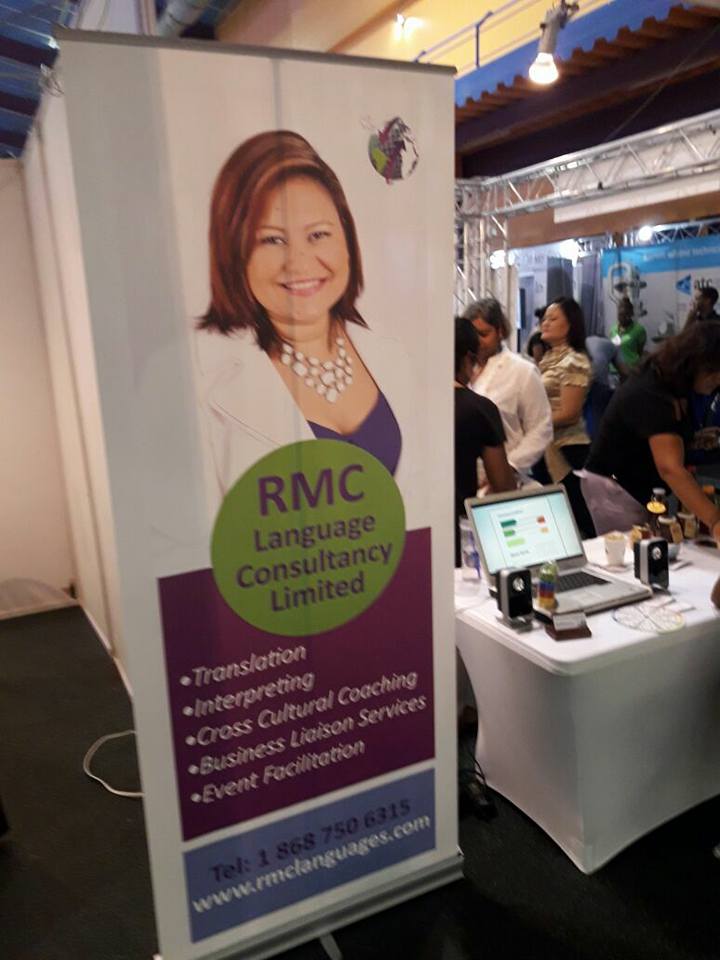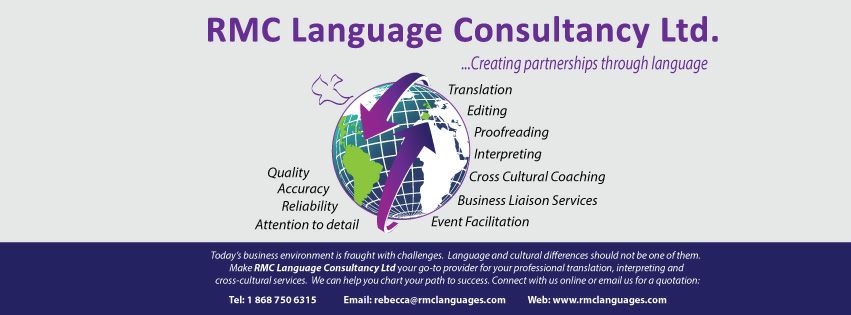In our recent posts and articles, we have been providing some useful information tidbits tackling several topics concerning translation and interpreting, proofreading, cross-cultural coaching and much more. In this article, we will share some useful tips that will help prospective linguists improve their chances of getting their introductory email messages and CVs noticed and facilitate successful entry into the professions of translation and interpreting. Let us take a look at what agencies, employers, talent and project managers have observed over the years as it relates to incoming applications. We will also share some insights into what they look for and advise:
1) When offering your services as a translator or interpreter, you should research the company to which you are applying. Familiarise yourself with the company's background, objectives, requirements, languages, legal and payment terms and their reputation in the industry. In your cover letter, mention why you are a good fit for the specific project or organisation if you are considering long-term collaboration. This way you appear more confident and knowledgeable to the talent, human resource or vendor manager. At the same time, you can ensure that your objectives and values are aligned with those of the organisation.
2) Many translation and interpreting companies, also known as agencies, are run by human beings. Surprise! Persons receiving your cover letter and résumé are more likely to consider you if you take the time to address them by name, e.g. 'Dear Mr./Ms. John', instead of the impersonal 'Dear Sir/Madam' or 'To Whom It May Concern'. Most HR managers ignore such correspondence if it is not specifically directed to them. Also, the mass forwarding of generic cover letters often lands your proposal in the bin. Take the time to enquire whether the company needs your services and if they require your specialty areas and don't be afraid to follow up.
3) Naturally, linguists who have received formal training in translation and/or interpreting and who have experience under their belts will have an edge. Agencies, therefore, are more likely to select linguists with an interesting combination of formal training and experience. This leads me to the next point.
5) Specialise. When creating a team of translators for a project in finance, for example, talent managers are going to seek translators who can prove that they have the competencies and qualifications in that specific subject matter. It may seem that you are excluding yourself from a range of opportunities by specialising, but this is not necessarily the case. By having a niche, you can position yourself as an expert in a subject matter and become the go-to person for work in that field.
6) Some additional qualities that talent managers seek include proof of the linguist having lived, worked or studied in the country of their source (and target) language/s; similarly, many talent managers seek linguists who translate or interpret into their native language. Living in the country of one's source language exposes them to the local dialect, cultural expressions and socio-political context, all of which the linguist may not learn in foreign language classes at secondary school and university. Translators and interpreters often come across jargon specific to particular cultural contexts. This knowledge and understanding of a cultural context is gained by living in the country/countries where their source languages are spoken. An immersion experience provides linguists with a unique awareness and understanding of the source language cultural nuances, enabling them to transfer the correct meaning into another language.
At RMC, as part of our quality assurance process, we select and work with linguists who have qualifications and demonstrable experience in their service areas. There are many other steps we take to ensure quality when providing professional services and which will be discussed at another time.
What else might influence a translation/interpreting agency's decision to work with a linguist? Let us know what you think. Be sure to look out for our next Tidbits episode that will continue providing guidelines to linguists.






 RSS Feed
RSS Feed